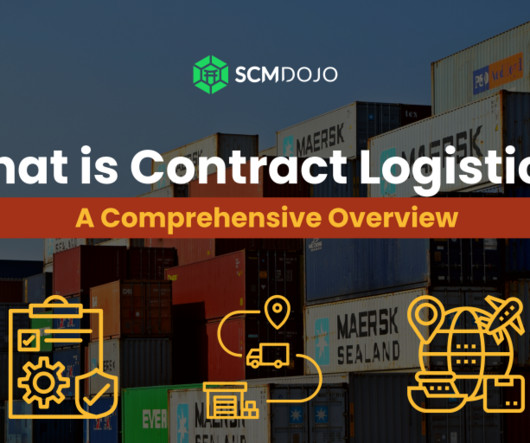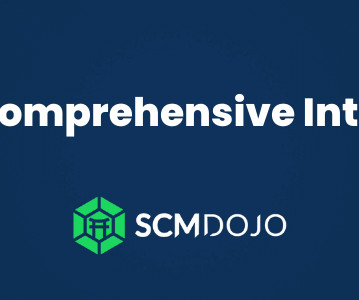Streamlining supply chain management: Strategies for the future
IBM Supply Chain Blog
FEBRUARY 19, 2024
In today’s complex global business environment, effective supply chain management (SCM) is crucial for maintaining a competitive advantage. Here’s how companies are using different strategies to address supply chain management and meet their business goals.













Let's personalize your content